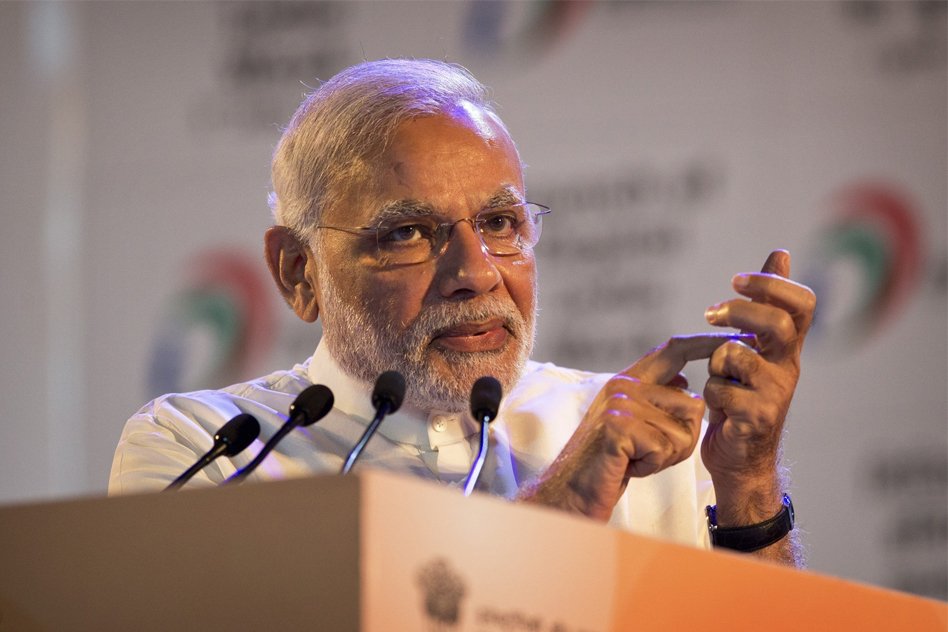The Narendra Modi Government has recently done a ground-check of the implementation of its key schemes by making calls to nearly eight lakh citizens over 10 days in the last week of February and early March asking questions and taking feedback from people. A colossal exercise was done using nearly 800 call agents of the BSNL. Their task was to identify the districts which have fared the best in the country in implementing four major schemes – Pradhan Mantri Jan Dhan Yojna (PMJDY), Swachh Bharat (Gramin), Swachh Vidyalaya and Soil Health Card. Based significantly on this key feedback from the citizens, PM Narendra Modi will be awarding the best districts on Civil Services Day on April 21 with prizes worth Rs 10 lakh each – the first time the format of the PM Awards will be to award districts which excelled in the ‘Implementation of Priority Programmes’. The main judging criterion is efficiency and corruption-free implementation of the priority schemes. The District Collector and the officer directly responsible for implementation of the scheme will be awarded. For Prime Minister Jan Dhan Yojna, the key criterion is ensuring a reduction in zero balance accounts, especially those of women, efforts in implementing the PMJDY in difficult geographical terrains, the BPL numbers, the number of Aadhaar seeding done as well as the availability of the Bank Mitras to the account subscribers. Questions posed to citizens regarding the PMJDY success has revolved around these points . Under the Swachh Schools Scheme, the key criterion for choosing the winning district is if the project led to improvement in school attendance of girls due to the construction of toilets, whether the toilets in schools had been constructed on time and if there was a behavioural change through cleanliness in school. On Swachh Bharat (Gramin) Scheme, the key criteria is cleanliness at the village level, sustainability of the cleanliness drive, extent of community involvement and innovations in the implementation of the scheme. For the Soil Health Card Scheme, the criterion remains if trained soil scientists have been deployed and if sample analysis was done on time. Farmers who got calls regarding the scheme were asked if they were informed of the schedule of sample collection and if officials used devices for identification of grids for sample collection.
The Logical Indian appreciates the steps taken by the Prime Minister’s Office in taking feedback from people on the implementation of the scheme and also for awarding bureaucrats for their good work. Implementation has always been an issue when it comes to flagship schemes, steps like these will go a long way in improving implementation.











